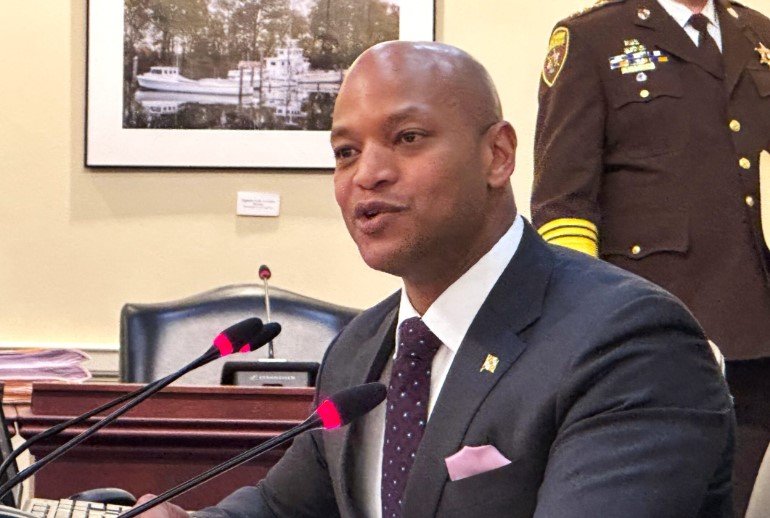In a significant stride toward addressing Maryland’s housing crisis, Governor Wes Moore’s comprehensive housing package is poised for enactment. This legislative effort aims to tackle the state’s 96,000-unit housing shortage with innovative solutions and has now successfully navigated the legislative process, awaiting the governor’s final approval.
Legislative Breakthroughs in Housing
The cornerstone of Moore’s housing initiative, House Bill 538, has garnered attention for its bold approach to incentivizing developers to integrate affordable housing into their projects. The bill proposes “density bonuses,” allowing developers to exceed local density regulations if they allocate a certain percentage of their units as affordable housing. This legislative move represents a paradigm shift in Maryland’s approach to housing development, potentially setting a precedent for other states grappling with similar challenges.

The journey of HB 538 through the legislative maze has not been without its hurdles. The bill underwent significant amendments, including a reduction in the required percentage of affordable housing units to qualify for density bonuses. Despite these changes, the bill’s passage marks a victory for Moore’s administration and a beacon of hope for those advocating for affordable housing.
The Balancing Act: State Oversight and Local Authority
A critical aspect of Moore’s housing bill is the delicate balance it seeks to strike between state oversight and local authority. The legislation mandates local jurisdictions to provide density bonuses, yet it has sparked a debate on the extent of state intervention in local zoning laws. This conversation is pivotal, as it underscores the complexities of implementing statewide policies that respect the autonomy of local governments.
The bill’s implications extend beyond the legislative chambers, affecting the lives of Marylanders and the economic landscape of the state. As such, the discourse surrounding this legislation is as much about governance as it is about the tangible impact on communities across Maryland.
The Path Forward: Housing and Economic Opportunity
With the housing package on the cusp of becoming law, the focus shifts to its implementation and the long-term effects on Maryland’s housing market. The legislation’s success hinges on its ability to spur the construction of new housing, particularly in proximity to transit hubs, thereby enhancing economic opportunity and accessibility for residents.
The anticipation surrounding the housing package is palpable, as stakeholders from various sectors await the outcomes of this ambitious legislative endeavor. The potential ripple effects of increased affordable housing options could be transformative, not only for Maryland’s economy but also for the well-being of its citizens.

Comments